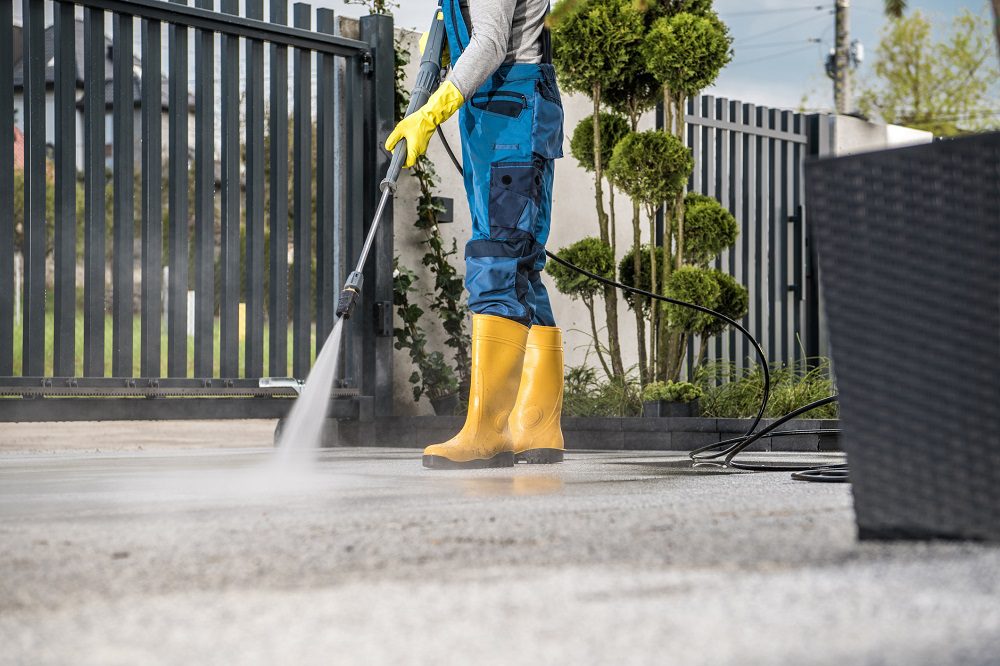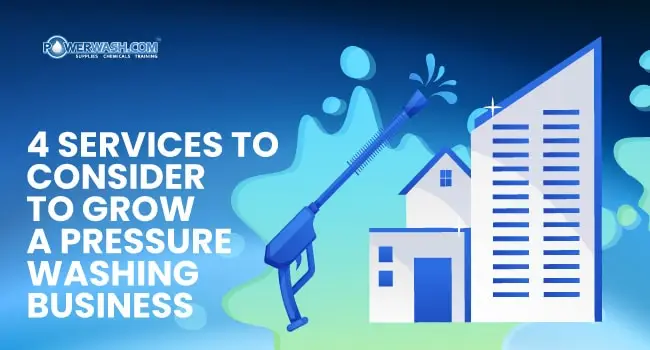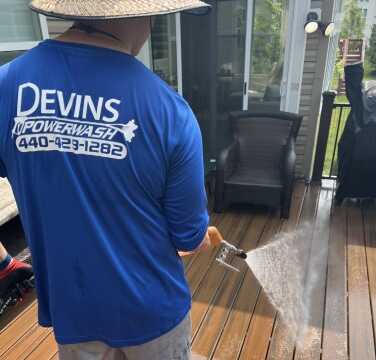Reliable Methods for Graffiti Elimination That Restore Surface Areas to Their Initial State
The challenge of graffiti removal is multifaceted, needing an understanding of different graffiti types and one of the most reliable strategies for restoration. From chemical options that accommodate specific paint compositions to push washing methods that preserve the stability of surfaces, each strategy has its advantages. Additionally, the increase of environment-friendly alternatives provides an engaging situation for ecologically mindful practices in this field. As we discover these methods, it comes to be vital to take into consideration not only their efficacy but likewise their broader ramifications on repair efforts and area aesthetics. What strategies will ultimately prove most efficient?
Understanding Graffiti Kind
Comprehending the diverse sorts of graffiti is vital for reliable elimination methods. Graffiti can be extensively classified right into a number of types, each calling for different strategies for removal. The most typical types include murals, tags, and throw-ups. Tags are the most basic kind, being composed of a stylized trademark or logo design, typically developed swiftly with spray paint or pens. Their reasonably little size can make them simpler to remove but can still present challenges relying on the surface area.
Throw-ups are more complicated and generally involve larger, bubble-like text loaded with a single color. These items can cover extra area and might require different elimination approaches compared to tags. Murals, on the various other hand, are elaborate artworks that can be fairly huge and detailed, frequently appointed or produced with authorization. The elimination of murals offers special obstacles because of the capacity for damage to the underlying surface area and the imaginative value.
Comprehending these differences is critical for selecting the right methods and materials for effective graffiti elimination. Each kind not only varies in its visual impact but likewise in the techniques that will certainly be most effective in restoring surface areas to their initial problem.
Chemical Removal Techniques
When taking on graffiti elimination, chemical techniques are often one of the most effective and reliable method for numerous surfaces. These methods make use of specialized formulations developed to damage down the chemical bonds in graffiti, making it much easier to remove without harming the underlying product.

It is important to select a chemical eliminator that works with the surface being treated to stop damage. Testing the item on a tiny, inconspicuous area prior to extensive application is a good idea. Furthermore, proper safety devices, such as handwear covers and masks, need to be put on to make certain safety throughout the removal procedure.
When the graffiti has actually been liquified, it is essential to extensively wash the surface to get rid of any type of chemical deposit, which can cause staining or degradation over time (Graffiti Removal in Euclid). On the whole, chemical removal methods provide a powerful remedy for recovering surfaces to their original state while minimizing prospective injury
Pressure Cleaning Techniques
While chemical removal approaches are highly efficient, stress cleaning presents an alternate strategy for graffiti elimination that can be just as effective, especially on long lasting surface areas. This method utilizes high-pressure water jets to remove and eliminate graffiti from various products, such as concrete, block, and metal.
The performance of stress washing depend upon numerous elements, including the pressure setup, nozzle type, and the distance from which the water is applied. Generally, a pressure series of 2,000 to 3,000 PSI is recommended for a lot of surfaces, but modifications might be needed depending upon the substratum's sensitivity. Utilizing a fan spray nozzle can assist cover bigger locations properly while lessening the risk of damaging the underlying material.
Before press cleaning, it is vital to assess the graffiti's make-up. Water-based paints commonly react much better to this approach than long-term or oil-based pens. Pre-soaking the area with water can improve the elimination process by lowering paint bond. After the stress cleaning is full, surfaces need to be inspected for any kind of continuing to be residue, and a second pass might be called for to accomplish ideal results. navigate here In general, stress cleaning is a powerful device in the graffiti removal collection.

Eco-Friendly Solutions
Lots of individuals and companies are progressively seeking environmentally friendly solutions for graffiti removal, identifying the significance of lessening environmental impact. Typical graffiti elimination techniques commonly involve harsh chemicals that can be hazardous to both the setting and public wellness. On the other hand, eco-friendly options use naturally degradable and non-toxic products that effectively eliminate graffiti without causing damages to surface areas or launching unsafe compounds right into the atmosphere.
One effective strategy is making use of natural solvents, such as citrus-based cleaners, which harness the power of plant-derived active ingredients to damage down paint without leaving toxic residues. Additionally, baking soft drink and vinegar combinations can act as gentle he has a good point abrasives that raise graffiti while being risk-free for the environment.
Another innovative approach is employing green stress washing systems that make use of much less water and power compared to traditional approaches. These systems commonly include specialized nozzles and eco-conscious cleaning agents that improve efficacy while minimizing waste.
Preventative Steps
Preventative steps play a vital function in combating graffiti vandalism and decreasing its event. By applying critical approaches, residential or commercial property proprietors and communities can prevent possible transgressors and reduce the expenses related to graffiti elimination.
One effective strategy is making use of anti-graffiti coverings, which create a safety layer on surface areas, making it difficult for paint to adhere. These finishings can be tinted or clear, permitting the original visual to remain intact while supplying a protect versus criminal damage. In addition, the installment of monitoring video cameras in risky locations can function as a deterrent, as the existence of monitoring modern technology may discourage possible transgressors.
Area engagement is also important; arranging community watch programs or graffiti clean-up occasions fosters a feeling of ownership and pride among locals. Educational efforts in schools can elevate awareness about the negative effects of graffiti, advertising respect for public and private building.
Final Thought
In final thought, the navigate to this website effective removal of graffiti calls for a multifaceted method that considers the type of graffiti and the surface area material. A detailed understanding of these approaches is vital for achieving optimal results in graffiti removal endeavors.
